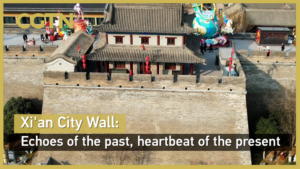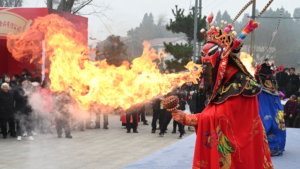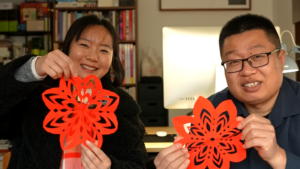
Rafah Crossing to Reopen Next Week, Easing Gaza Access
Rafah border crossing between Gaza and Egypt to reopen next week, fulfilling 2025 truce plan and easing access for Palestinians.

EAC Launches Regional Pandemic Framework to Strengthen Health Security
The East African Community launches a regional pandemic framework to enhance health security and coordinate responses across 300 million people, learning from past outbreaks.
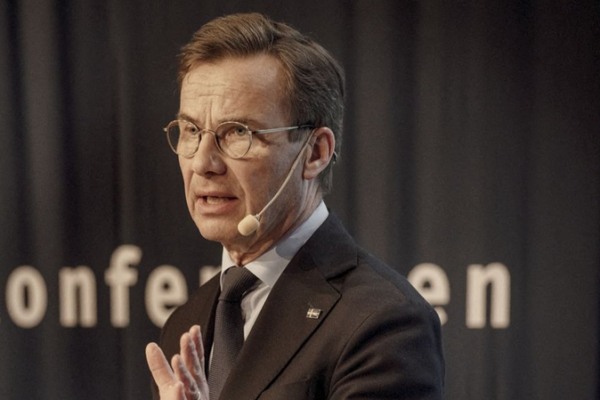
Swedish PM Calls for EU Unity Amid Arctic Tensions with U.S.
Sweden’s PM urges EU solidarity after U.S. revises Greenland strategy, as NATO prepares Arctic military exercises amid rising tensions.
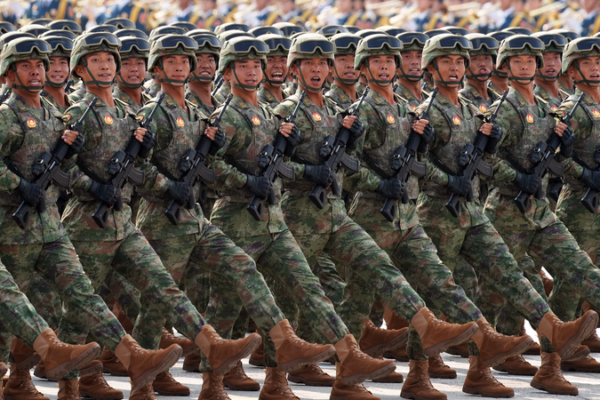
China Unveils New Military Theory Regulations to Boost Modernization
China introduces comprehensive military theory regulations effective March 2026, focusing on innovation systems and research standardization to enhance defense capabilities.
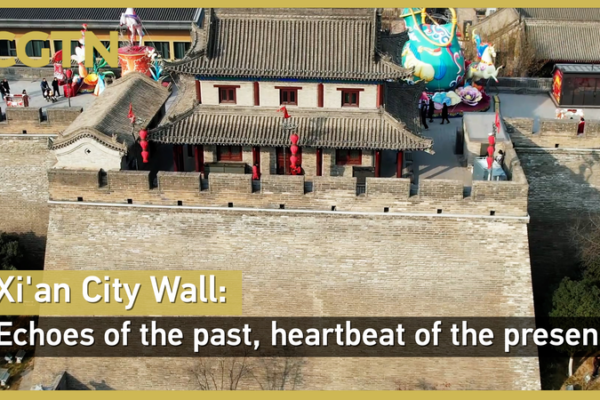
Xi’an City Wall: Bridging Ancient Heritage with Modern China
Explore Xi’an City Wall, a 1,400-year-old marvel blending ancient history with modern vibrancy, attracting millions to its cultural heartbeat in 2026.

China’s Wind Power Dominance Debunks Trump’s Davos Claim
Trump’s Davos claim about China neglecting wind power clashes with data showing 600 GW capacity – enough for 500 million homes. China leads global wind energy for 15 years.

Alarm Halts Restart of Japan’s Largest Nuclear Plant
An alarm halted operations at Japan’s Kashiwazaki-Kariwa plant during its first restart since 2011, raising safety concerns as investigations continue.

Newsom Slams Global Leaders’ Approach to Trump Diplomacy
California Governor Gavin Newsom criticizes global leaders’ approach to Trump-era diplomacy at Davos 2026, urging stronger strategic engagement.

U.S. Energy Policy Faces Contradictions in 2026
Columbia University’s Adam Tooze highlights contradictions in U.S. energy goals, impacting global markets and Asian economies in 2026.
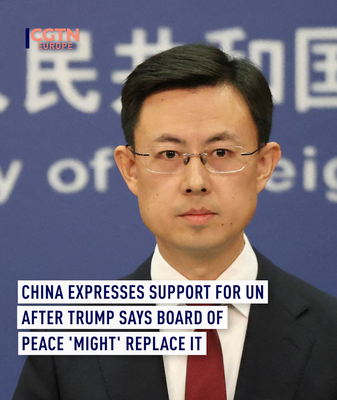
Trump’s ‘Board of Peace’: Key Members, Funding Model, and Asian Reactions
Trump launches $1B-funded ‘Board of Peace’ with Asian nations divided on participation. Analysis of members, funding, and implications for regional conflicts.

Russia Targets Ukrainian Military Energy Infrastructure in Latest Strikes
Russian forces target Ukrainian military-linked energy facilities, causing casualties and infrastructure damage, as cross-border tensions escalate in 2026.
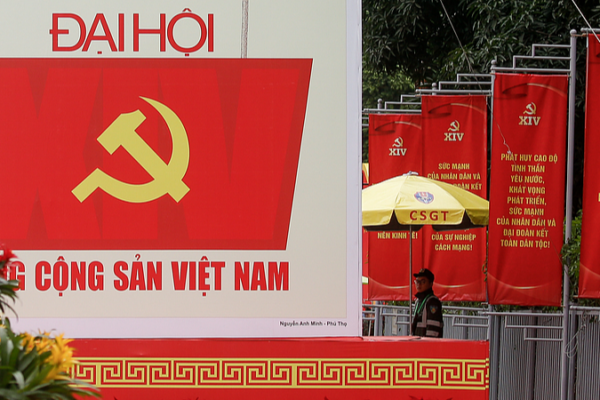
Vietnam’s Communist Party Elects New Leadership for 2026-2031 Term
Vietnam’s Communist Party elects new Central Committee, shaping governance and economic priorities for 2026-2031 amid regional strategic shifts.

China Accelerates Zero-Waste City Initiative in 2026
China expands its zero-waste city initiative in 2026, targeting 100 urban centers with advanced recycling systems and AI-driven waste reduction strategies to build a circular economy.
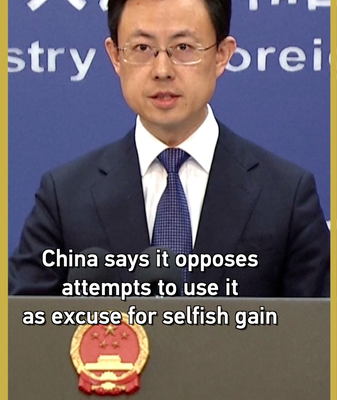
China Rejects ‘Threat’ Narrative, Warns Against Selfish Agendas
China’s Foreign Ministry opposes using ‘China threat’ claims for selfish gains, addressing recent Greenland-related developments in Arctic diplomacy.

UN Defends Peace Efforts Amid Trump’s Criticism in 2026
The UN reaffirms its commitment to peace and efficiency in 2026, responding to recent criticism from former U.S. President Trump.

China’s ‘Sea Dragon’ Cable Powers Volcanic Weizhou Island
Weizhou Island ends energy isolation with groundbreaking 44.8km undersea cable, enabling sustainable development and modern amenities.
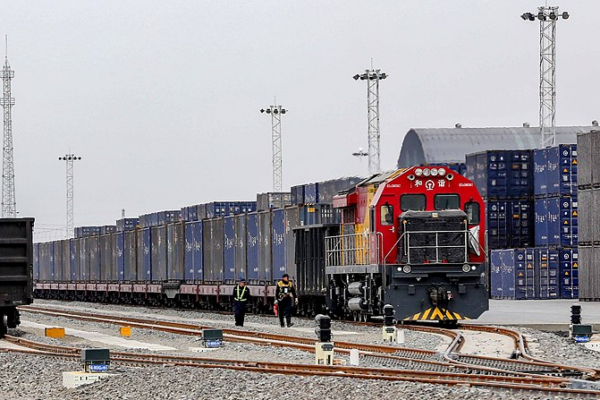
Xinjiang’s Modernization Surge: Stability Fuels Growth in 2026
Xinjiang Uygur Autonomous Region achieves record economic growth and social progress in 2025, driven by infrastructure innovation and stable governance under CPC leadership.

China Unveils Long-Term Poverty Strategy, Boosts Agricultural Modernization in 2026
China shifts focus to sustainable poverty support and agricultural modernization in 2026, aiming to ensure farmers benefit from rural development gains.

China Prioritizes Quality Growth in 2026, Says Standard Chartered Executive
Standard Chartered upgrades China’s 2026 growth outlook, highlighting strategic focus on sustainable development and technological innovation at Davos forum.

Ancient Chinese Wellness Traditions Gain Global Momentum in 2026
Traditional Chinese health practices, from warm water rituals to Gua Sha therapies, see surging global demand in 2026 amid growing interest in holistic wellness solutions.






